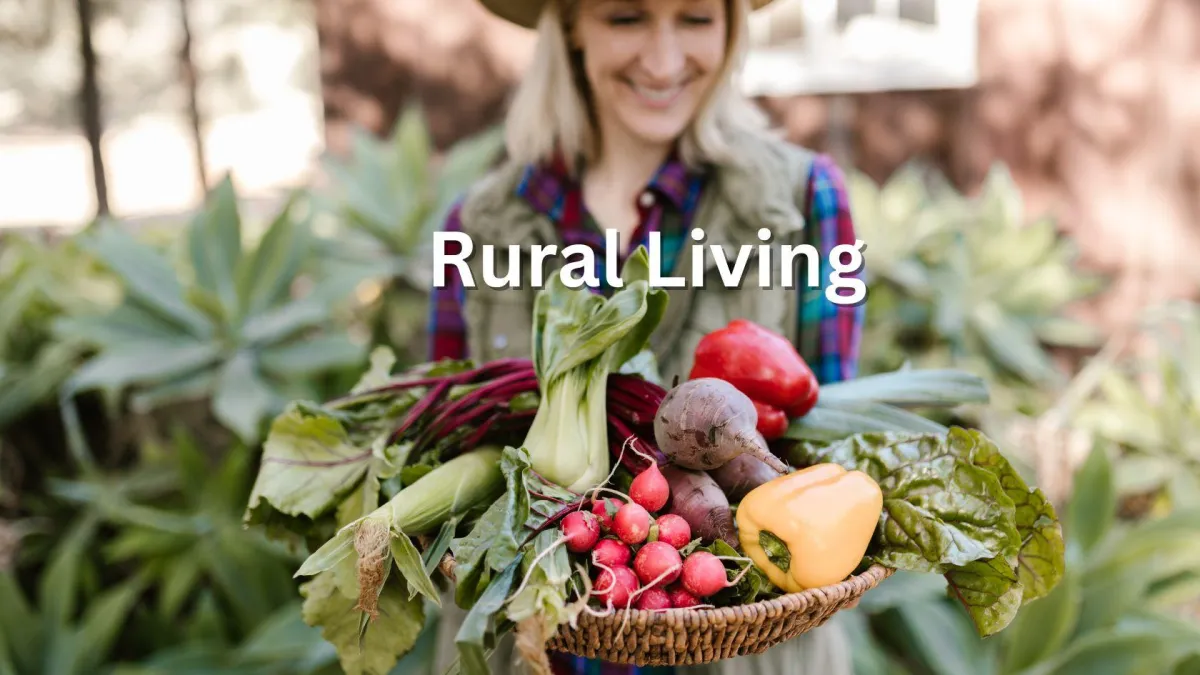Rural Living on the Lifestyle Block

Rural living isn’t just about the animals and farm, it’s about everything else that brings your block to life. From growing your own food to making the most of what you harvest, this section is where lifestyle meets love of life. Whether you’re dreaming of a thriving garden, homemade preserves, or a block that simply runs more smoothly, we’ve got you covered.
Gardening
Many lifestyle block owners grow a significant amount of their own produce. Whether it’s a year-round vegetable garden, a small orchard, or a few raised beds, the aim is the same: fresh, homegrown food for the table.
If you’re just starting out, our beginner-friendly overviews are a great place to begin:
Starting a Veggie Garden: soil prep, seasonal planting, pest management and our monthly gardening diaries with timely reminders, planting tips and seasonal tasks.
Starting a Backyard Orchard: practical advice on growing fruit trees, berries, citrus and subtropicals
And if you're looking for specifics:
Vegetables: seasonal guides, companion planting, and pest tips
Fruit: pruning, pest control and choosing crops for your climate
Recipes
Once the harvest comes in, it’s time to make the most of it. The recipes section is full of ways to use what you’ve grown, simple, seasonal food that respects your effort and feeds your family well.
Property
Your block is more than paddocks and plants, it’s a home. The property section looks at the infrastructure that holds everything together: sheds, driveways, power, shelter belts, and more.
Rural Voice
And finally, the Rural Life section brings a little perspective. Reflections, opinion pieces, and a bit of inspiration from others living the lifestyle, we all need that from time to time.
Support & Legal
Get Rural Tips & Seasonal Updates
Subscribe to the LSB monthly newsletter.
© 2025 Lifestyleblock.co.nz | LSB Ltd Proudly off-grid and NZ-owned

